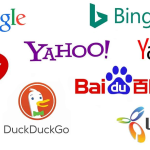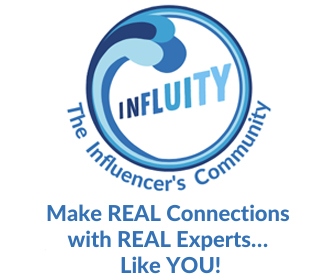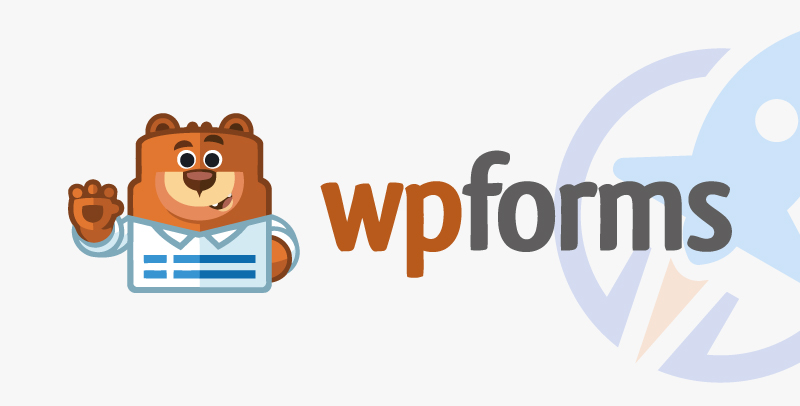
Salesforce announced a new source of intelligence for service agents, Unified Knowledge. The solution aggregates information from third-party sources and makes it available in Salesforce, complementing the customer data in Data Cloud.
Within Salesforce Service Cloud, Einstein for Service uses AI to deliver timely information to service agents dealing with customer queries. Thus far, this information has been informed by data in Data Cloud. Unified Knowledge adds data from sources like SharePoint, Confluence, Google Drive and brand websites.
Although Service Cloud is a primary use case, Unified Knowledge will also be able to integrate with Salesforce Field Service, Sales Cloud, Health Cloud, and Financial Services Cloud. It was developed through a partnership with Zoomin Software.
Why we care. It’s complicated, isn’t it? Why is Salesforce creating a data channel to run separate from Data Cloud rather than making the information available within Data Cloud itself? Salesforce responded to a request for comment:
The beta version of Unified Knowledge does not leverage Data Cloud. The third-party Knowledge is stored on Core in the KnowledgeArticle object, and Salesforce uses ZoomIn to integrate with third-party systems. Salesforce’s long-term vision is to move to Data Cloud — initially for the storage of third-party knowledge, and eventually for the connector/integration piece as well. This involves multiple dependencies on Data Cloud however and significant refactoring of the Knowledge product, so in order to get this solution to market more quickly, this initial version is built on Core. Once we move Unified Knowledge to Data Cloud, customers will have to purchase Data Cloud credits to use the product.
Response by email from Salesforce
To the extent Unified Knowledge expands the information available to the service agent it might indeed support better service.
It’s genAI, of course. The experience of using Unified Knowledge will essentially be a generative AI experience. Features include:
- Knowledge Answers. Answers can be generated in chatbots based on a holistic view of information available to a brand. “Retail customers, for example, can use bots to access knowledge and generate answers to questions that require information from third-party sources, such as clothing care instructions that come from a manufacturer” (Salesforce release).
- Search Answers. Answers generated in response to queries, either from agents or customers.
- Einstein Copilot for Mobile Workers. Non-office-based workers will be able to have conversations with Einstein Copilot, again based on an expanded information set.
The post Salesforce delivers Unified Knowledge to service agents appeared first on MarTech.













